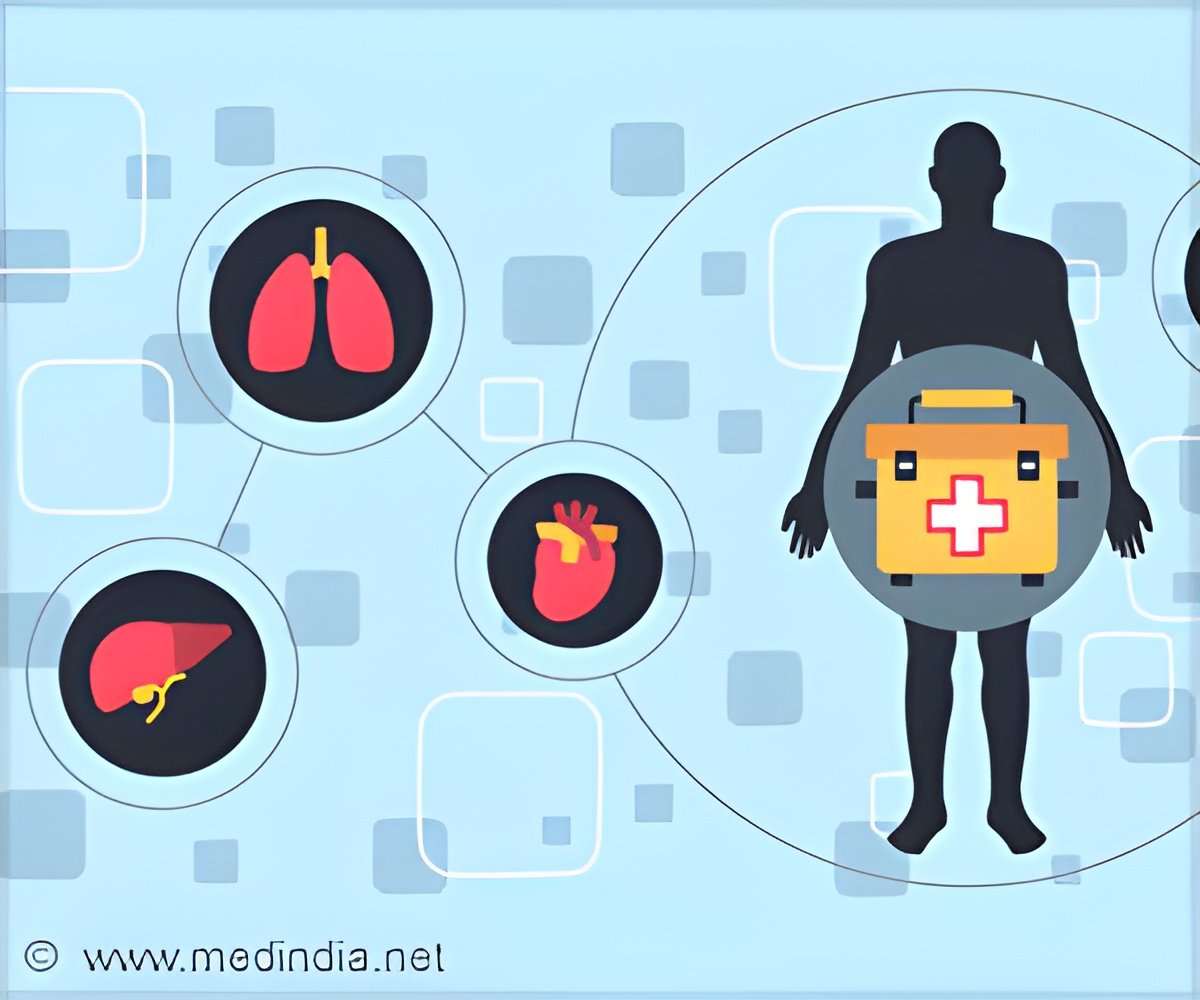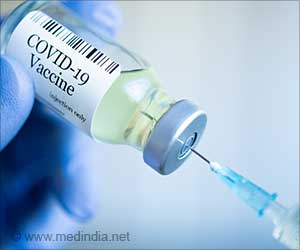COVID-19 vaccine in organ transplant recipients has proven to reduce hospital stay mitigating the risk of long-term complications

Incident COVID-19 and Hospitalizations by Variant Era Among Vaccinated Solid Organ Transplant Recipients
Go to source). //This research was conducted in 2,400 solid organ transplant recipients over a period of two years, by the Johns Hopkins Transplant Research Center (TRC) in collaboration with the New York University Center for Surgical and Applied Transplant Research. “These results mirrored what medical institutions across the country were reporting for many U.S. populations, not just people who are immunocompromised,” says senior study author William Werbel, M.D., Ph.D., assistant professor of medicine and associate director of the TRC’s epidemiology and quantitative sciences at the Johns Hopkins University School of Medicine.
‘Post COVID-19 vaccination in organ transplant recipients mellowed down the risk of complications minimizing hospital stay #vaccinebenefits #organtransplantation #postCOVID-19effect’





“This time, we wanted to look back through two years of data to see how many study participants reported a diagnosis of COVID-19 following vaccination, trending cases over time and by variant era to assess how many of them developed severe disease that required hospitalization,” says Werbel. “We also plotted infection trends against reported cases in the general U.S. population to understand the relationship with SARS-CoV-2 circulating in the community.”Werbel says just under a fifth of the study participants (464 of 2,356, or 19.7%) reported SARS-CoV-2 infections, and of those persons, 35 (7.5%) required hospitalization.
Facts Behind Minimal Hospitalisation Post-Vaccination in Organ Transplant Receipients
“The infection trends paralleled those seen in U.S. COVID-19 case counts, peaking in the first wave of the omicron BA.1 subvariant of SARS-CoV-2 in the winter of 2021, with ongoing prominent spikes during subsequent omicron waves,” says Werbel. “Hospitalization rates dropped by 75% in the later omicron era [subvariants BA.2 through BQ.1] versus the rates seen in the earlier subvariant waves [pre-delta, delta and BA.1].”He explains that the decrease was likely due to many factors, including growing population immunity (from vaccines and exposure to infected people), better disease management (through the use of therapies such as antivirals), more testing and, possibly, changes in the virus itself.
“However, we did find that certain groups — primarily patients who had received lung transplants — remained at higher risk for hospitalization during more contemporary subvariant eras,” says Werbel.
Werbel adds that the new study’s findings “can guide counseling regarding the benefits of vaccination, and provide an evidence-based framing of risk and risk behaviors for populations most vulnerable to COVID, such as transplant patients.”
Advertisement
Reference:
- Incident COVID-19 and Hospitalizations by Variant Era Among Vaccinated Solid Organ Transplant Recipients ( https://jamanetwork.com/journals/jamanetworkopen/fullarticle/2808494)
Source-Eurekalert















